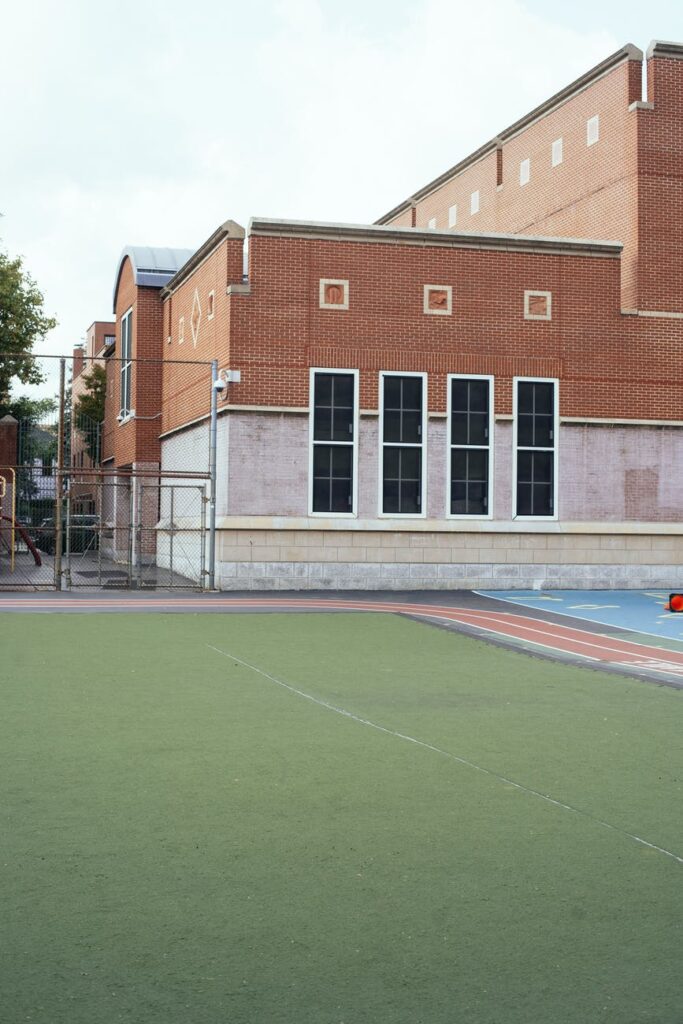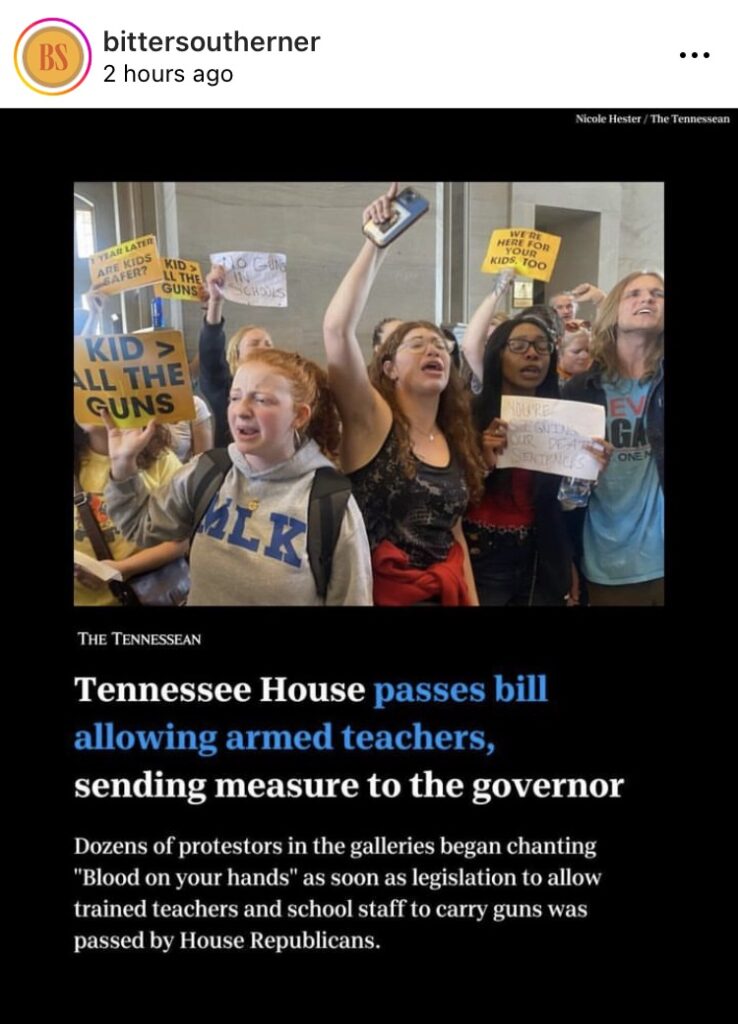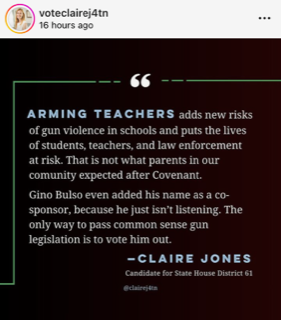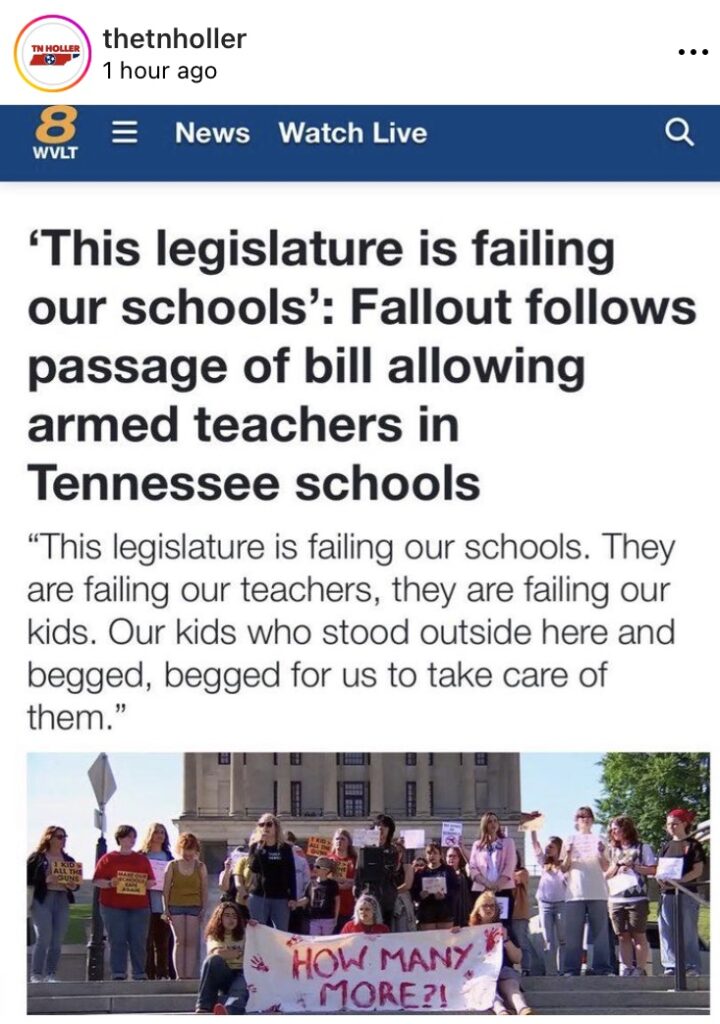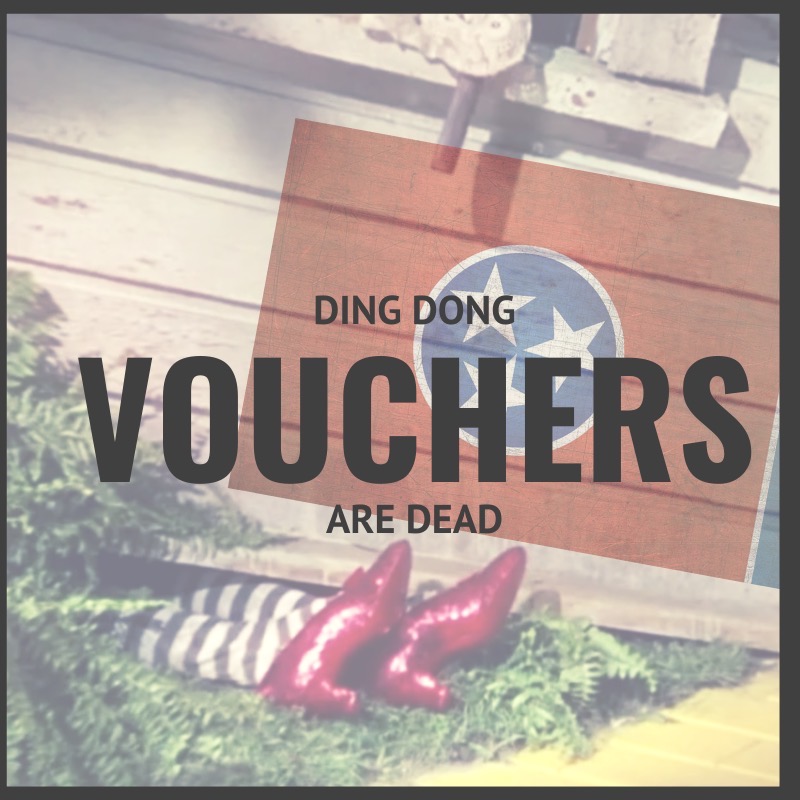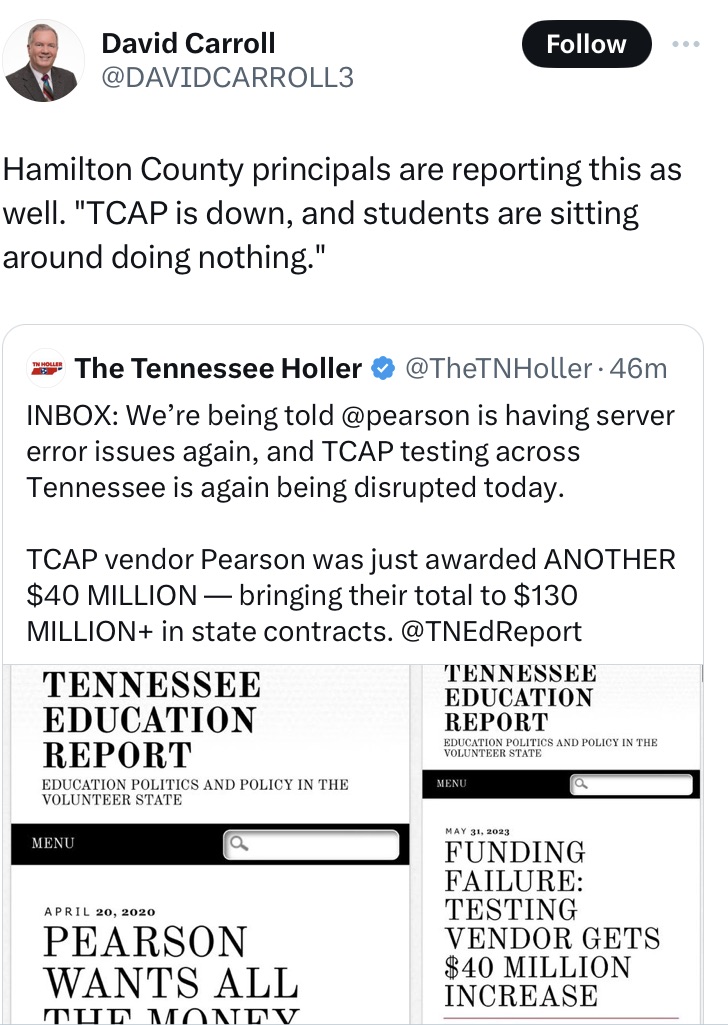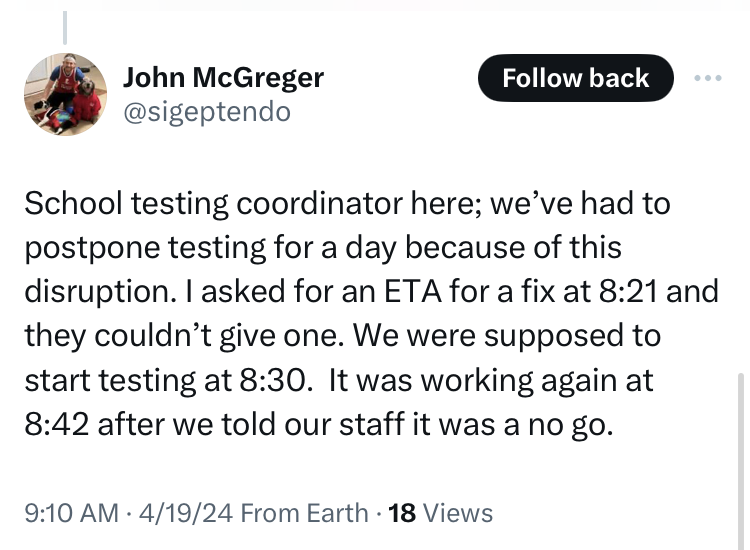Minimum salary moved to $50K, all teachers will see pay increase
Districts across Tennessee are making moves to increase teacher compensation in the face of a growing shortage of applicants and long lists of open positions.
Chalkbeat reports that Memphis-Shelby County will move starting teacher pay to a minimum of $50,000 a year and bump pay for all teachers – raises that could amount to $4000 or more for most teachers.
Memphis-Shelby County Schools is raising its minimum teacher salary to $50,811 under a new agreement with its two teachers unions, delivering on their salary goals despite a $150 million budget shortfall next year.
Teachers, administrators, and board members, meanwhile, cheered the agreement, which raises the district’s starting salary by 8% for teachers with undergraduate degrees and ensures that veteran teachers receive raises once they have hit the top of the district’s 19-step salary scale.
The move comes even as lawmakers rejected providing additional state funds to assist school districts in raising teacher pay.

